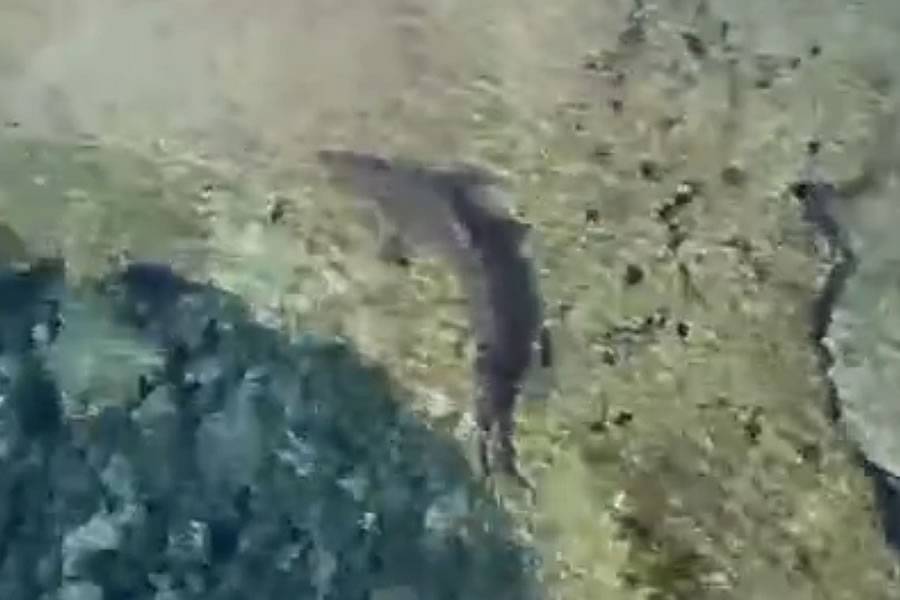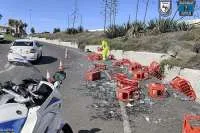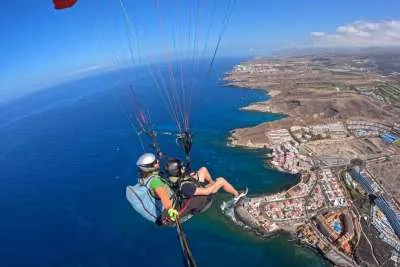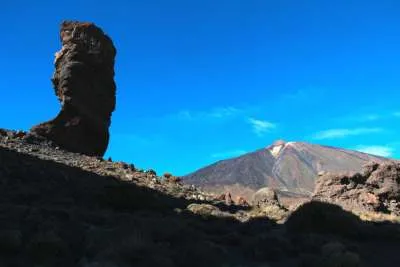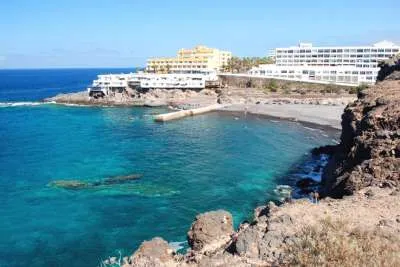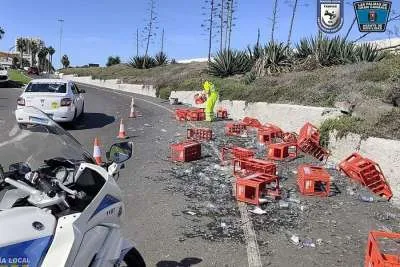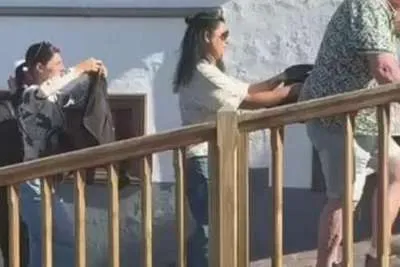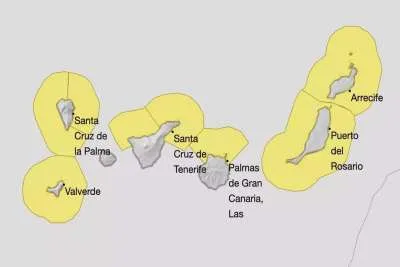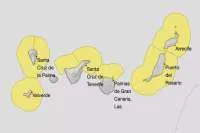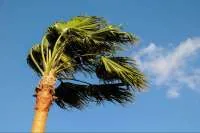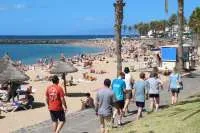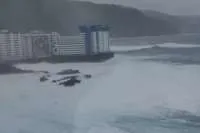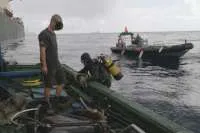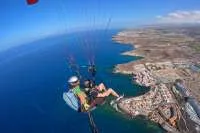VIDEO: Shark forces closure of El Altillo natural pools in the Canary Islands
- 15-05-2025
- Gran Canaria
- CECOES .
- Photo Credit: RTVC
- Video Credit: RTVC
The natural pools of El Altillo were closed to swimmers this morning (Thursday), following the sighting of a young shark estimated to be around one metre in length.
It was spotted in the pool at approximately 9:10am, prompting local authorities to take precautionary measures.
Several bathers at the pools located in the Gran Canarian municipality of Moya, alerted the Emergency and Security Coordination Centre (CECOES) about the presence of the shark, and the Local Police swiftly arrived on the scene and sealed off the area to prevent access.
Initial assessments suggest the shark is a live juvenile, likely trapped in the natural pool following the previous night’s high tide. Technicians on site confirmed the animal appears calm and posed no immediate threat. Fortunately, it left the pool unaided with the next incoming tide, at around 3:30pm.
While the species has not yet been definitively identified, early speculation indicates it could be either a cazón (smooth-hound) or a jaquetón (requiem shark), both of which are commonly found in Canarian waters. Experts from the Gran Canaria Cabildo are currently analysing the specimen to determine its species.
Mayor of Moya, Raúl Afonso, noted that similar incidents have occurred in the past at this same location, including sightings of manta rays. On this occasion, the decision was made to wait for the animal to exit naturally rather than intervene.
Although such occurrences are relatively rare, they are not unprecedented in the Canary Islands. In June 2024, several beaches in Gran Canaria, including Melenara, Salinetas, and San Agustín, were temporarily closed after a hammerhead shark was spotted offshore.
According to marine scientists at the Ecoaqua Institute of the University of Las Palmas de Gran Canaria, sharks may venture close to the coast either in search of food or during breeding periods. They also stress that interactions between sharks and humans are extremely uncommon.


